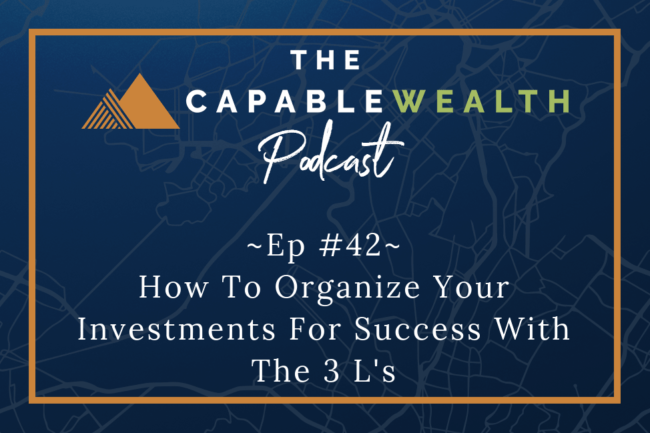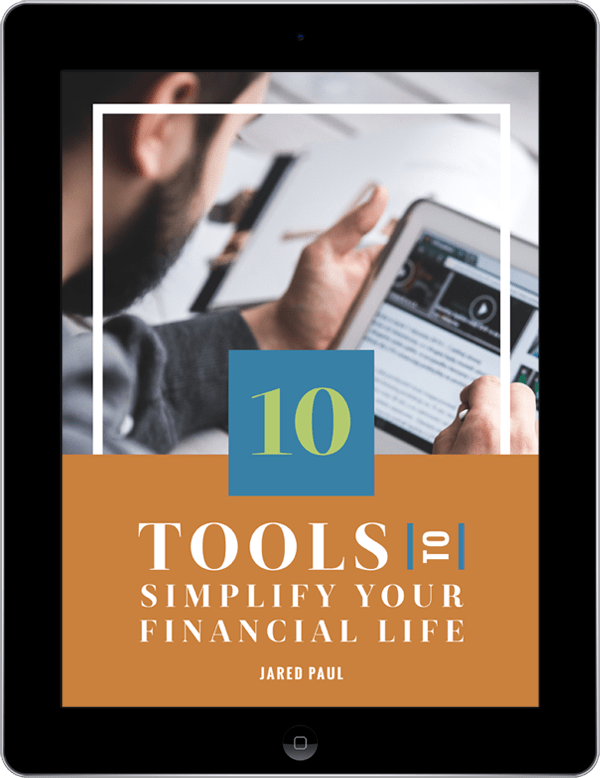There is a battle raging inside of most people.
On one side is your “inner saver,” standing atop the walls of your financial castle, inside of which sits your hard-earned money. The saver stands ready to protect your money – hoping to save and invest it in order to build wealth.
Outside the walls, across a field stands a menacing foe, preparing to charge the castle and destroy all hopes of building wealth. This foe is your “inner spender”, and he’s a powerful force who knows all of the short-cuts and secret entrances to the castle. He will stop at nothing to break through the castle walls and burn through all of your wealth.
Some people never bother to fortify their castle, allowing the spender to continuously pillage all stores of money – destroying all hopes of building wealth.
Others choose to do what is necessary to grow wealth. They are committed to setting up fortifications, additional barriers, and keeping a watchful eye over the “spender.”
WILL YOU IGNORE THE BATTLE?
Ok, so maybe this intro was a little dramatic… 😉 But it’s true that we all are battling with the pull between spending and saving. You can either choose to ignore the battle that is taking place, or engage and take a stand.
There is nothing wrong with spending your money. IF you’ve properly created the framework for a strong financial foundation.
That’s what I want to talk about today – How you can give yourself permission to spend freely, and feel good about it.
In essence, what you want to do is create impenetrable parts of your “castle” that are protected from the “spender” and will be allowed to grow overtime. Then, you can allow the “spender” into the castle without worrying about losing your savings, and then have a freaking awesome party!
What do I mean? Let me explain…
WHAT MOST PEOPLE DO WITH THEIR MONEY
Most people are playing catch-up with their spending. Their paycheck arrives and they immediately go out and spend what money they have.
Some will be smart enough to pay their mandatory bills (rent, car payment, etc.) first, before they have fun with it, and some won’t.
Sooner or later, once things get bad enough, they are put in a position where they are forced to evaluate their financial situation and start making cuts where needed.
It’s a tough cycle to be in, and can be incredibly stressful.
BUILDING FINANCIAL PROCESSES SO YOU CAN SPEND FREELY
There is certainly a better way than this. There are steps you can take to put yourself in a position that allows you to spend freely and not feel guilty about it. And all it takes is a little bit of up-front planning.
No, I’m not talking about budgeting. You don’t have to start saying “I’m only going to spend $20/month on coffee, and $200/month eating out with friends.”
What I’m talking about is setting up processes that will automate your financial goals so you don’t have to think about them every day.
The value of this is that you’ll be confident in where your finances are headed, which will allow you to spend your left-over money without being stressed.
Here’s how…
SETTING UP YOUR FINANCIAL SYSTEM
One of the biggest causes of financial stress for most people is the fact that they know they aren’t moving any closer to their financial goals, and they are at risk from a financial setback.
The best way to alleviate this is to make sure you understand your goals and start automating the process for reaching them.
Do you want to buy a home in the next 3-5 years? Well, figure out what kind of home you want to buy (How much it will cost) and then figure out how much you’ll need to save from now until then in order to have a down payment.
[How Much Can You Afford To Spend On A Home?]
You can plan this out on a monthly basis and then set up your accounts to automatically deposit that amount into your saving & Investment accounts each month.
Begin by doing this for the top 3 major financial goals you have.
Maybe your top goals are saving for retirement, a down payment on a home, and a big vacation you want to take next year.
[Should You Be Saving 10% Of Your Income For Retirement?]
If those are your main priorities, think about how great it would feel knowing that each month you are making meaningful progress toward reaching them?
Just knowing that this is happening is a powerful psychological boost. Knowing this allows you to feel confident in spending whatever money is left over and not feeling guilty about it.
The point is that you need to first take care of the important financial goals you have – saving, investing, and paying down debt. Once those goals are getting their fair attention, then you don’t need to nickel and dime the rest of your spending.
WHAT IF YOU DON’T EARN ENOUGH?
If you’ve added up all of your goals and aren’t sure if you can immediately begin saving the necessary amount of money, that’s OK! Start with what you can and build it up over time.
Just because you can’t do 100% of what is necessary doesn’t mean you should do nothing. Even if you are just doing 50%, you are still making meaningful progress.
Heck, even if it’s only 25% of what you want to do, it’s a win! So, don’t be demoralized that you can’t start all at once.
GETTING RID OF GUILT
Personal finance shouldn’t be about trying to guilt yourself into saving and investing.
This type of negative reinforcement can only be sustained for so long. Then it becomes tiresome and people tend to lose momentum.
By using this method of automating your important goals and then spending freely, you are utilizing a more positive mindset, which will help increase your chances of maintaining these positive habits.
When it comes to your finances, it isn’t always about the quantity you are saving that dictates your success.
What people don’t realize is that you can be wildly successful by being consistently good, not just occasionally great.
Capably Yours,
Jared















